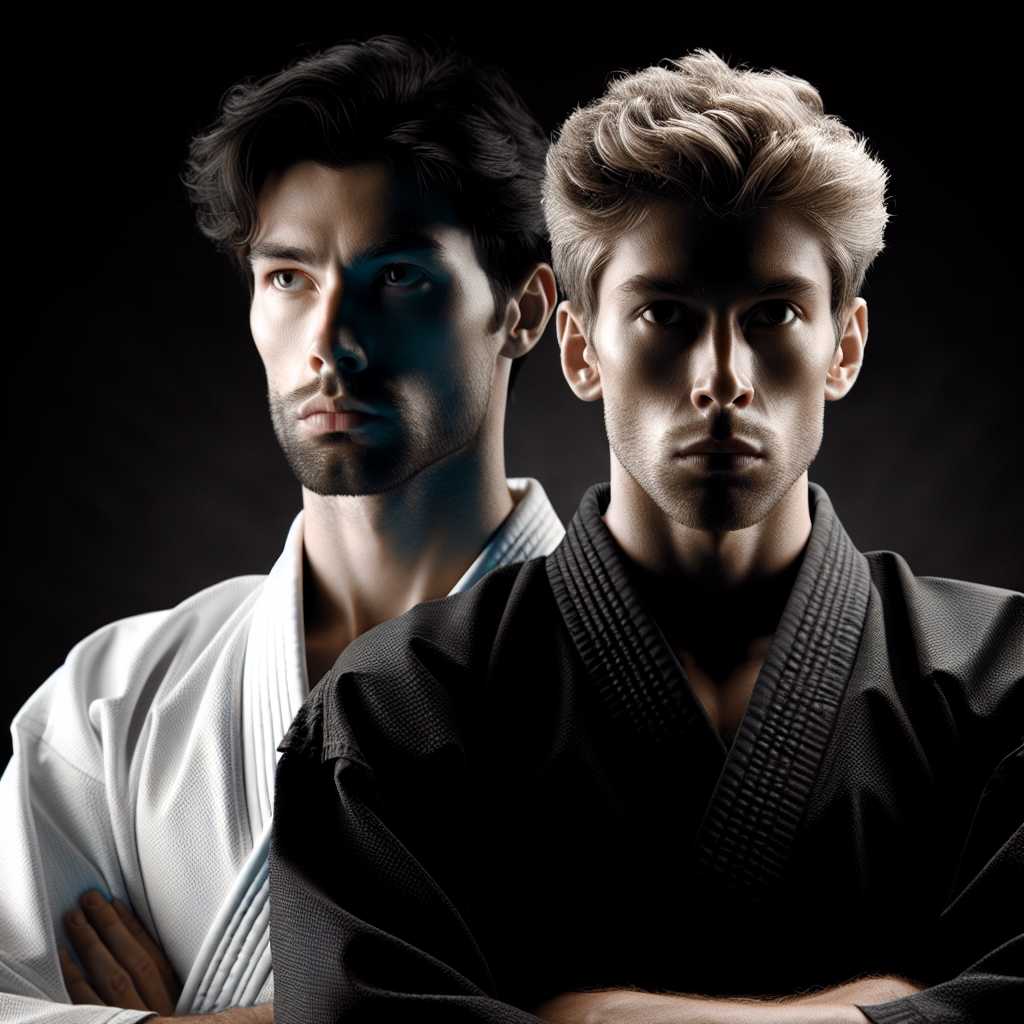The Cultural Resurgence of “Karate Kid” through the TV Series “Cobra Kai”
The “Karate Kid” franchise, with its underdog story and memorable characters such as Daniel LaRusso and Johnny Lawrence, has secured a fond place in cinematic history since the release of the first film in 1984. Decades later, the franchise has experienced a revival with the introduction of the television series “Cobra Kai”. Considered by many as a successful continuation and homage to the original film series, “Cabbage Kai” masterfully blends nostalgia with fresh storytelling, introducing new characters and story arcs while maintaining reverence for its roots.
The Premise and Reconnection with Original Characters
“Cobra Kai” picks up the narrative over 30 years after the events of the first “Karate Kid” movie. The series rekindles the rivalry between Daniel LaRusso (Ralph Macchio) and Johnny Lawrence (William Zabka), but from a role-reversed perspective that portrays Johnny as the underdog trying to find redemption by reopening the infamous Cobra Kai karate dojo. On the other hand, Daniel, now a successful car dealer and family man, grapples with maintaining balance in his life without Mr. Miyagi, his mentor who provided him with wisdom and guidance.
Integration of New Generation Stories
While “Cobra Kai” gives ample screen time to resolving past conflicts and developing the stories of the original rivals, it also introduces a new generation of karate enthusiasts. These teenagers face their own conflicts and growth challenges, forming alliances with either Jonny’s Cobra Kai or Daniel’s Miyagi-Do Karate dojo. This generational shift allows the series to touch on contemporary issues such as bullying, peer pressure, and personal identity, alongside traditional themes of honor, perseverance, and self-discovery.
Themes and Growth Acknowledgment
A pivotal theme in “Cobra Kai” is the notion of personal growth despite past mistakes. The series explores the consequences of former actions while emphasizing that it’s never too late to change and strive for a better path. Additional themes include reconciliation, fatherhood, legacy, and confronting one’s demons.
By also acknowledging age and experience, especially through Johnny’s character growth from a former bully to a mentor seeking redemption, viewers are treated to a well-rounded emotional understanding of life’s extended journey.
Action Sequences and Martial Arts Choreography
An integral component that ties “Cobra Kai” back to its roots is its thrilling martial arts choreography. The series successfully integrates modern fight sequences while preserving the spirit of traditional karate showcased in earlier films. The action is deftly balanced with drama and humor, pulling viewers into dynamic battles that resonate strongly with dedicated fans and appeal to new audiences alike.
Incorporating modern filming techniques alongside practical stunts has brought a renewed edge to the martial arts scenes which figure prominently throughout all seasons of “Cobra Kai”.
Impact on Pop Culture
“Cobra Kai’s” release has brought “Karate Kid” back into mainstream conversation, showcasing its timeless appeal. This blend of new stories with familiar lore has led to a cross-generational appeal that unites original fans with today’s younger audience.
Furthermore, by launching on popular streaming services (originally YouTube Red, now Netflix), “Cobra Kai” has become more accessible than its predecessors were during their theatrical runs.
